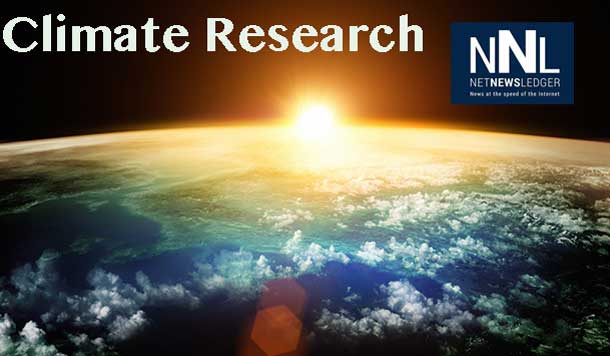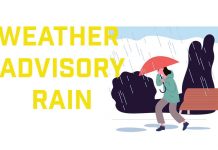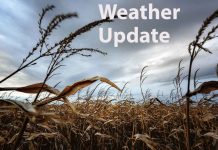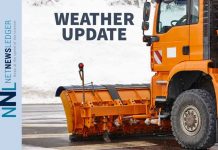Upgrading outdated weather services could help ease losses from weather and climate disasters, backers say
By Maina Waruru
NAIROBI – (Thomson Reuters Foundation) – After five years of poor rains, Mcharo Mwanyumba, a farmer in southeast Kenya, was looking forward to a bumper harvest of maize and millet from his 6-acre (2.4-hectare) plot this August.
But then heavy rains pounded the area four days in a row for hours on end. His crop was submerged and destroyed, and his family of six displaced.
“What should have been a blessing has turned into a nightmare,” the Taita Taveta County farmer lamented. His harvest this year, he said, was less than during recent drought years when he harvested no more than two bags of maize.
Like thousands of other residents of the area – and millions of people around the world – Mwanyumba is struggling to cope with increasingly wild weather, including unexpected swings between drought and floods.
The 52-year-old farmers said flooding is so rare in his area that he can’t remember a similar disaster in his lifetime.
But better weather forecasts – including seasonal predictions of expected weather patterns and quick warnings of extreme weather in easy-to-understand language that farmers can use – could help cut losses, say experts trying to improve Africa’s meteorological services.
The World Bank says weather-related disasters – from floods and droughts to cyclones and landslides – have cost Africa over $10 billion in the last two decades.
“Africa’s development, climate and resilience agendas are inextricably linked,” said Makhtar Diop, the bank’s vice-president for Africa. “An estimated 90 percent of all disasters on the continent are weather and climate driven.”
OUT OF DATE FORECASTING SYSTEM
Speaking at the African Ministerial Conference on Meteorology (AMCOMET), a gathering of government leaders, donors and United Nations agencies, in Addis Ababa in September, Diop said years of neglect and lack of investment had rendered as many as half of the continent’s weather stations out of date and unable to capture accurate, dependable weather data.
Up to $1.5 billion is needed to upgrade weather services infrastructure so that it can produce the data needed for forecasts to help ease weather and climate disasters, he said.
Only five countries – Egypt, Kenya, Morocco, Nigeria and South Africa – have invested significantly in improving hydro-meteorological observation networks, telecommunications and information systems and other necessary infrastructure, according to the African Development Bank.
Justus Kabyemera, head of the bank’s Climate Development Special Fund, said that 16 other countries were now working to strengthen their weather, water and climate services.
The bank is partnering with AMCOMET to upgrade the infrastructure for regional climate observation in the Horn of Africa and Southern and Western Africa, to ensure that services generate accurate and timely information on severe weather, which can then be shared with countries for action.
In an email interview, Kabyemera said the bank planned to nearly triple its annual climate financing to $5 billion a year by 2020 and build technical skills to help African economies – and particularly farmers – adapt to a changing climate.
The poor state of weather forecasting across Africa is the result of lack of prioritisation by governments and failure to commit funding for the services in a continent saddled with a myriad of development challenges, said Marc Neilson, director of communications at the Africa Hydromet Programme.
The programme is a continent-wide partnership between agencies and donors including the World Bank, World Meteorological Organization and United Nations Development Programme and the World Food Programme.
“There needs to be a strong commitment from leaders to modernise infrastructure, while involving civil society and benefiting from the public’s knowledge. This means committing financial and human resources to improved hydromet services,” Nielson said.
Mary Power, director of development and regional activities at the World Meteorological Organization, said that limited understanding of meteorological services in Africa had contributed to low investment.
“It is vital to make sure that the objectives of development partners converge with the needs of the region at all levels,” she said.
Power believes that the establishment of AMCOMET as an inter-governmental body recognised and endorsed by African heads of state and governments is a crucial step toward building better meteorological services on the continent.
(Reporting by Maina Waruru; editing by James Baer and Laurie Goering : Credit the Thomson Reuters Foundation








